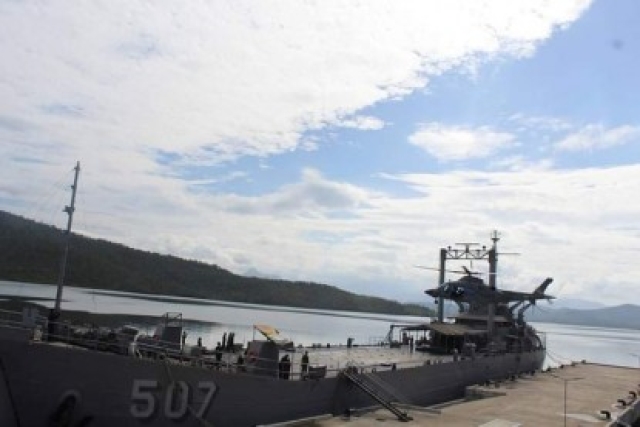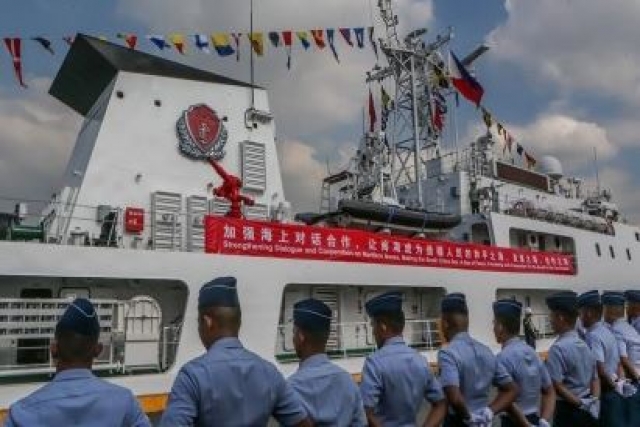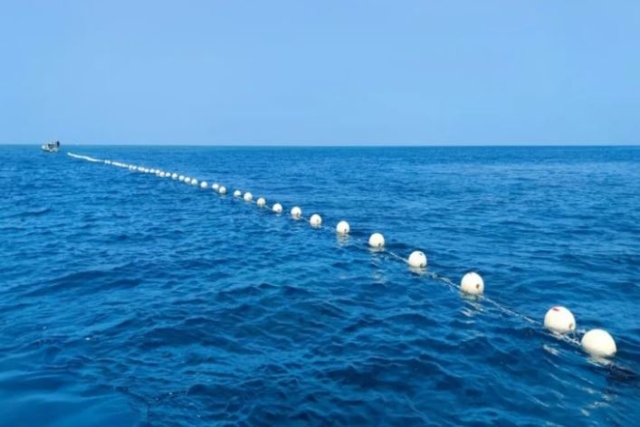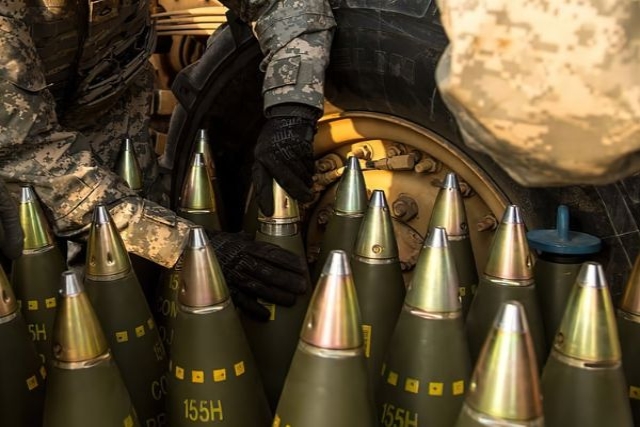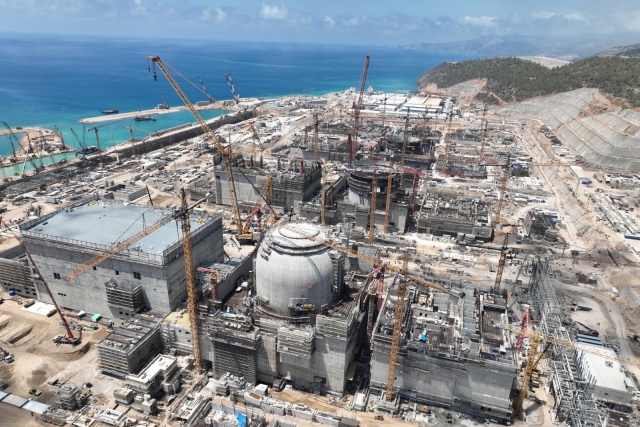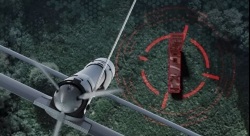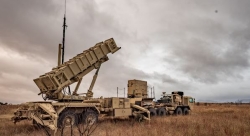U.S. Officials Allege Coordinated Campaign by China to Disrupt International Airspace and Waters
Nearly 200 cases where PLA operators have performed reckless maneuvers, or discharged chaff, or shot off flares, or approached too rapidly or too close to U.S. aircraft
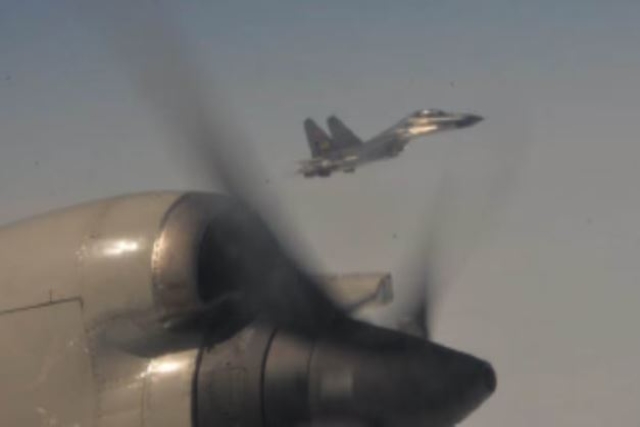
In a press conference held at the Pentagon today, senior U.S. Department of Defense (DOD) officials raised concerns over a series of unsafe interceptions of U.S. and allied aircraft in international airspace.
Assistant Secretary of Defense for Indo-Pacific Security Affairs, Ely Ratner, alongside Navy Adm. John Aquilino, Commander of U.S. Indo-Pacific Command, voiced apprehensions regarding what they believe is a "centralized and concerted campaign" by Chinese officials to "coerce a change in lawful U.S. operational activity."
Ratner asserted that these Chinese intercepts were not confined to the skies in international airspace but were part of a broader pattern of behavior by China's People's Liberation Army (PLA) throughout the region, across different domains and geographies. He cited instances of Chinese vessels harassing U.S. and allied warships in the waters of the East China Sea and the South China Sea, and even on land against Indian partners.
Ratner provided a preview of information from the forthcoming Chinese Military Power Report, indicating that Chinese fighter jets were increasingly engaging in coercive and risky operational behavior.
"Since the fall of 2021, we have seen more than 180 such incidents: More in the past two years than in the decade before that," Ratner said. "That's nearly 200 cases where PLA operators have performed reckless maneuvers, or discharged chaff, or shot off flares, or approached too rapidly or too close to U.S. aircraft."
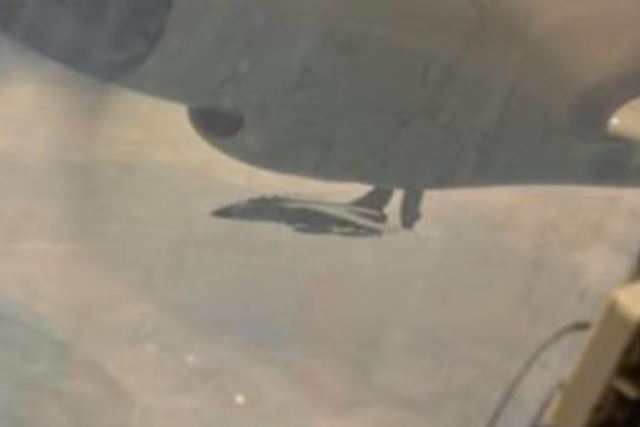
Ratner described this as an effort to interfere with American forces' ability to operate safely in accordance with international law. "And when you take into account cases of coercive and risky PLA intercepts against other states, the number increases to nearly 300 cases against U.S., allied and partner aircraft over the last two years."
The DOD released footage of several of these intercepts, including a PLA fighter jet crossing in front of a lawfully operating U.S. aircraft at a mere 100 yards. Ratner expressed concern that such behavior could lead to miscalculation and potential accidents, as the Chinese military officials have consistently refused U.S. requests to establish lines of communication.
Admiral Aquilino stressed that while intercepts are common globally, most are safe. He expressed a desire for Indo-Pacific intercepts to be no different and revealed his ongoing attempts to engage with Chinese counterparts for over two-and-a-half years. He highlighted the importance of developing relationships for regional peace and stability.
The Chinese behavior is concerning, he said. "What we've seen since 2021, is a set of actions that have brought airplanes much closer together than are comfortable for those in the cockpit," Aquilino said. "In other words, flying off my wing at 15 feet for 45 minutes, has too much of a chance to lead to an accident. We've seen an increase in those close intercepts and activities in very close proximity to our airplanes since the fall 2021."
